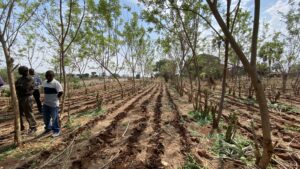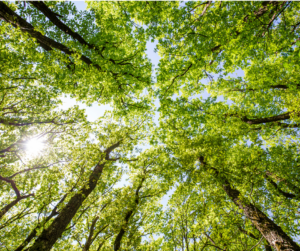PERSPECTIVES
SIWI is a leading expert in water governance. We are change-makers, championing water solutions for a just, prosperous, and sustainable future.

SIWI Reflections 2025: How water-smart forest and landscape restoration builds local capacity, strengthens collaboration, and turns knowledge into lasting change.


Explore these topics to learn how we can govern water more sustainably to tackle the planet’s most pressing challenges
Sign up to receive updates from SIWI and the global water community.